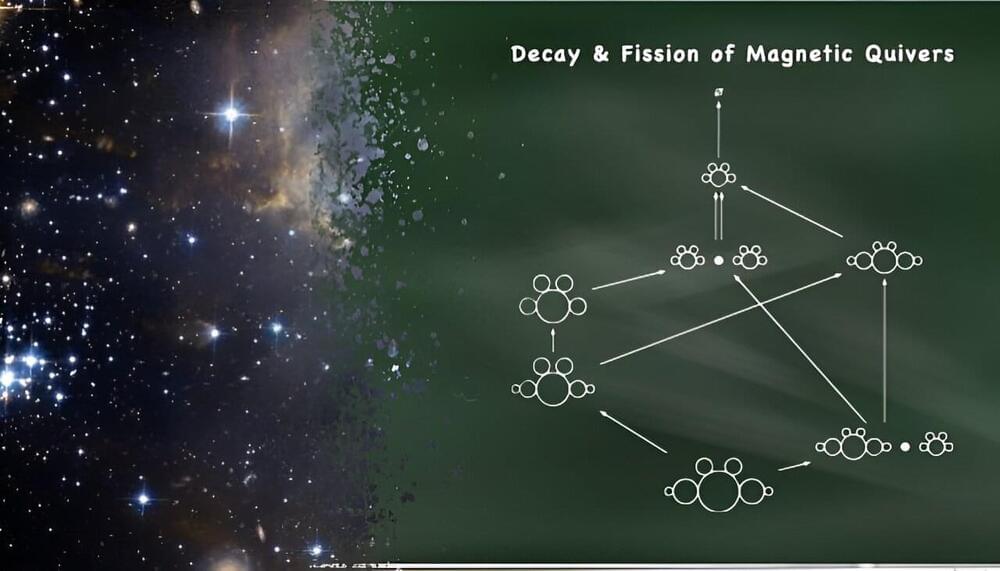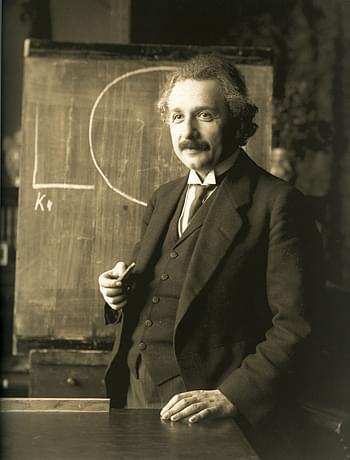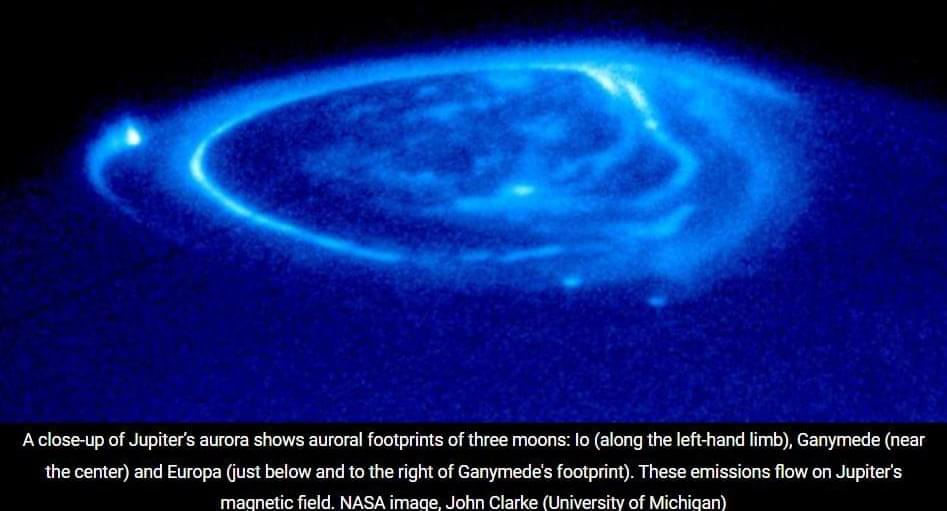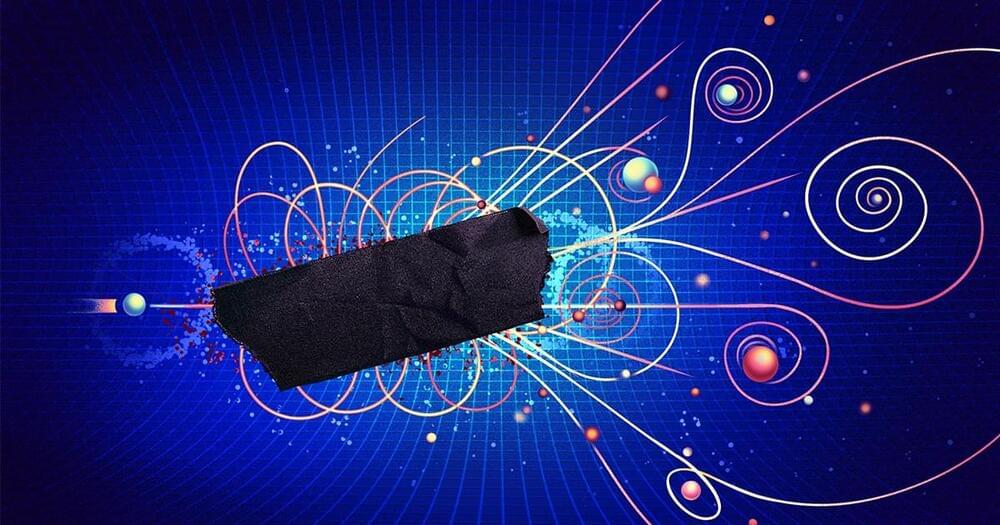ICTP lectures “Topology and dynamics of higher-order networks”
- Network topology: 1 https://youtube.com/watch?v=mbmsv9RS3Pc&t=7562s.
- Network topology:2 https://youtube.com/watch?v=F6m5lPfk5Mc&t=3808s.
-Network geometry.
Topological Dirac equation and Discrete Network Geometry-Metric cohomology Speaker: Ginestra Bianconi (Queen Mary University of London) Higher-order networks [1] capture the many-body interactions present in complex systems and are dramatically changing our understanding of the interplay between topology of and dynamics. In this context, the new field of topological signals is emerging with the potential to significantly transform our understanding of the interplay between the structure and the dynamics in complex interacting systems. This field combines higher-order structures with discrete topology, discrete topology and dynamics and shows the emergence of new dynamical states and collective phenomena. Topological signals are dynamical variables, not only sustained on the nodes but also on edges, or even triangles and higher-order cells of higher-order networks. While traditionally network dynamics is studied by focusing only on dynamical variables associated to the nodes of simple and higher-order networks topological signals greatly enrich our understanding of dynamics in discrete topologies. These topological signals are treated by using algebraic topology operators as the Hodge Laplacian and the discrete Dirac operator. Recently, growing attention has been devoted to the study of topological signals showing that topological signals undergo collective phenomena and that they offer new paradigms to understand on one side how topology shape dynamics and on the other side how dynamics learns the underlying network topology. These concepts and idea have wide applications. Here we cover example of their applications in mathematical physics and dynamical systems. The field is topical at the moment with many new results already established and an already rich bibliography, therefore it is very timely to propose a series of lectures on the topic to introduce new scientists to this emergent field. Here we propose a series of lectures for a broad audience of scientists addressed mostly to physicist and mathematicians, but including also computer scientists and neuroscientists. The course is planned to be introductory, and self-contained starting from minimum set of prerequisites and focus mostly on the mathematical physics aspect of this field. The course will cover 4 lectures and 1 seminar. Ref: [1] Bianconi, G.: Higher-order networks: An introduction to simplicial complexes. Cambridge University Press (2021). [2] Bianconi, G., 2021. The topological Dirac equation of networks and simplicial complexes. Journal of Physics: Complexity, 2, p.035022.[3]Bianconi, G., 2023. The mass of simple and higher-order networks. Journal of Physics A: Mathematical and Theoretical, 57, p.015001.[4] Bianconi, G., 2024. Quantum entropy couples matter with geometry. arXiv preprint arXiv:2404.08556.[5] Millán, A.P., Torres, J.J. and Bianconi, G., 2020. Explosive higher-order Kuramoto dynamics on simplicial complexes. Physical Review Letters, 124(21), p.218301.






